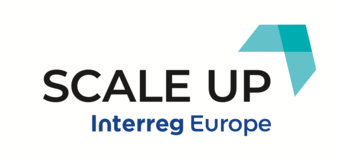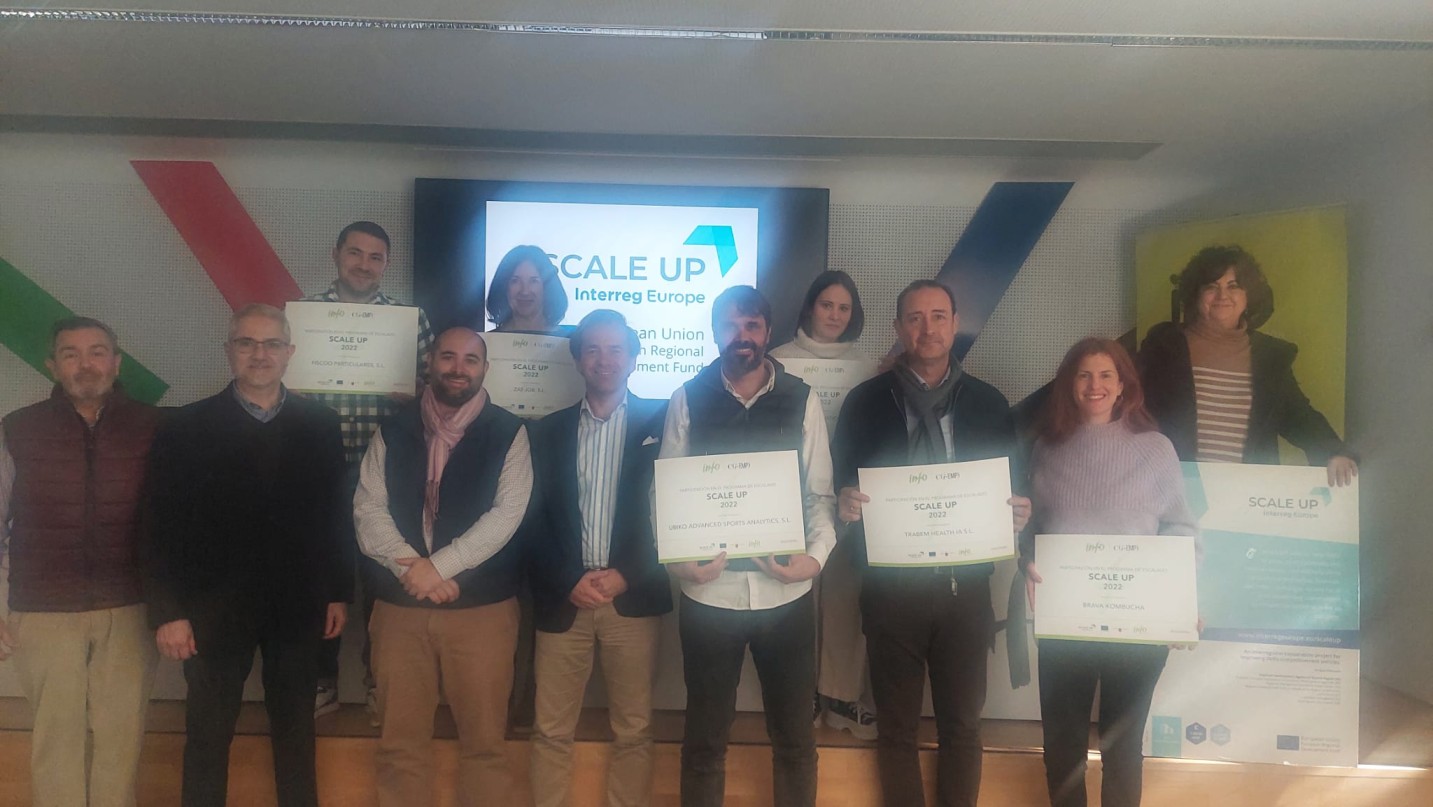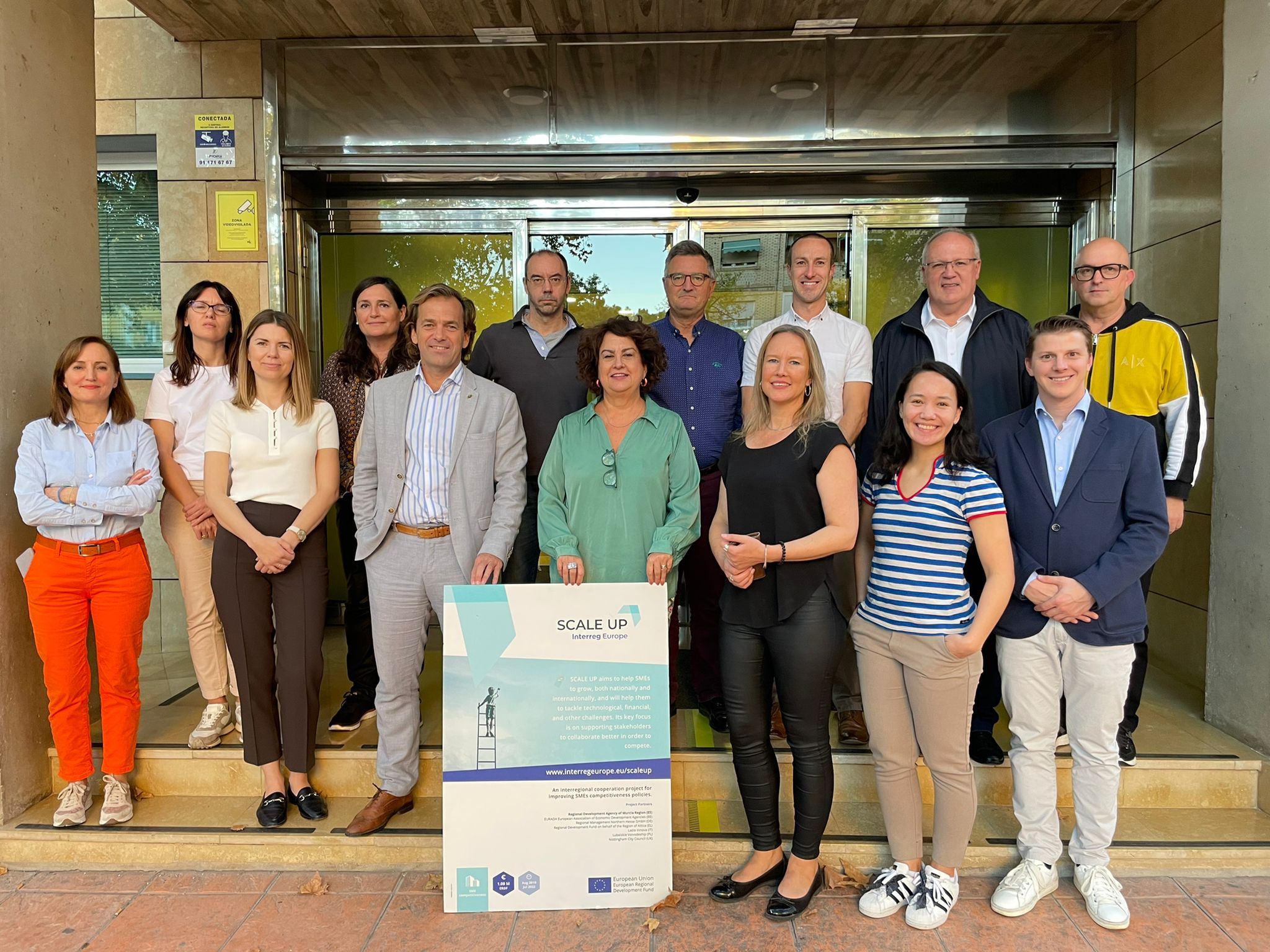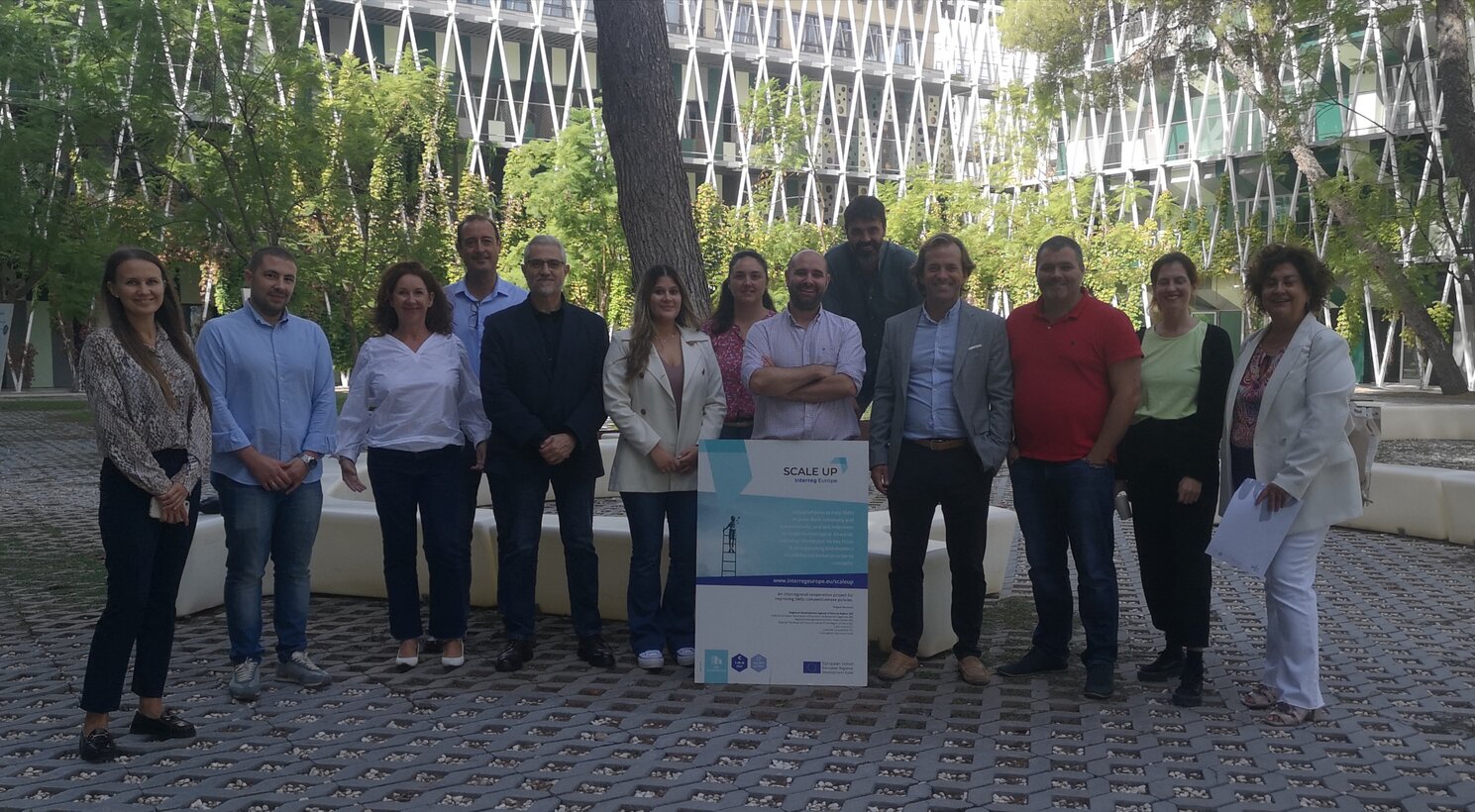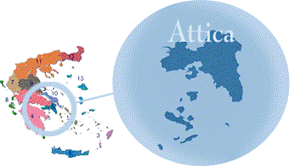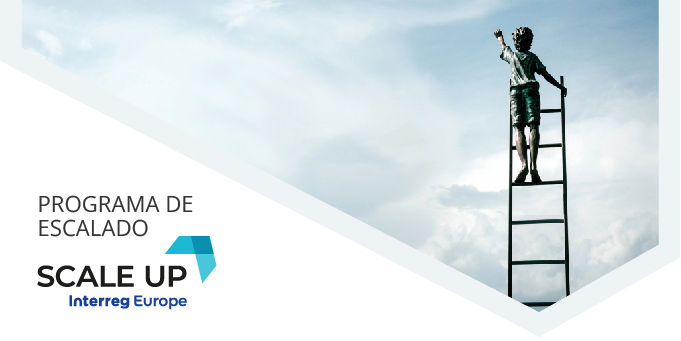Exploring competitive advantages through collaborative and open innovation
On the 10th of June, the Policy Learning Platform of Interreg Europe hosted a webinar on how to create competitive advantages through collaborative and open innovation. The webinar was led by several SME competitiveness experts and was divided into two topics: opening up businesses to the innovation potential of students and opening up businesses to the innovation potential of start-ups. Several speakers were invited to speak about the good practices which best explored the topics mentioned.
For the topic of the innovation potential of start-ups, Ms. Laura Santarelli from Lazio Innova presented the Open Innovation Challenge, a Scale Up best practice that aims at opening opportunities for SMEs by creating collaboration paths between medium/large companies, startups and innovators. She explained the difference between closed and open innovation wherein closed innovation focuses only on internal innovation processes meaning innovation takes place only within the company. On the other hand, open innovation has various characteristics takes knowledge sharing to a new level. Some of these characteristics are:
- Innovating with external partners
- Inflow and outflow of knowledge to accelerate innovation
- Model open to licensing partnerships and other forms of collaboration.
After a few years of implementing the challenge, Lazio Innova discovered that it was difficult for participating SMEs to sign commercial agreements with corporates after the challenge has concluded. Hence the co-design phase was a new dimension added just last year as a final step. The co-design phase involves three selected solutions during innovation day are given three more meetings with mentors to finalize their output and ideas. At the end of this process, facilitators saw concrete results in the form of more commercial agreements getting signed.
At the end of her presentation, advice was asked on how to become an innovation facilitator instead of an innnovation theatre. Laura shared that implementors need to be able to engage the corporates to be clear from the very beginning that they need to put their resources and effort in order to achieve something with the participating startups in the challenge. Important questions such as “what will you do?”, “how will you do it?” must be asked to help facilitate the process and achieve visible results.
Laura shared that the open innovation challenge is being offered by other private corporates. However, this is costly for them. Lazio Innova uses structural funds to cover part of the expenses for the programme which allows them to offer the service for free. Laura reflected that in the beginning, startups used to be afraid of collaborating with corporates for fear of having their ideas stolen. In recent years however, corporates have learned that ideas really do come from startups. Hence respect and professionalism must be maintained and is precisely the key to make open innovation work.

Another programme of interest that was presented under the same topic was a public-private acceleration programme called Bind 4.0, promoted by the ESSPO project. The programme was presented by Ms. Leyre Madariaga from the Department of Economic Development, Sustainability and Environment of the Basque Government. Bind 4.0 is a public-private initiative that lasts 24 weeks and that focuses on Industry 4.0 early-stage startups. A distinguishing feature of the programme is that startups may apply from anywhere in the world. They will have a strong commitment to accelerate their business in the Basque ecosystem by connecting startups with leading Industry 4.0 manufacturing, energy, and healthcare companies.
These good practices exemplify the advantages that open innovation can bring. As mentioned in the policy learning platform, the concept of open innovation has turned into a model for policy makers to sustain regional innovation performance. Scale Up believes that these good practices provide SMEs with the knowledge, option, and opportunity to grow and develop their businesses. The good practices that were highlighted during the event prove to policy makers the importance of creating policies that give SMEs the opportunity to collaborate with other businesses or public programmes to become more competitive, thus contributing to the overall innovation of a region.
